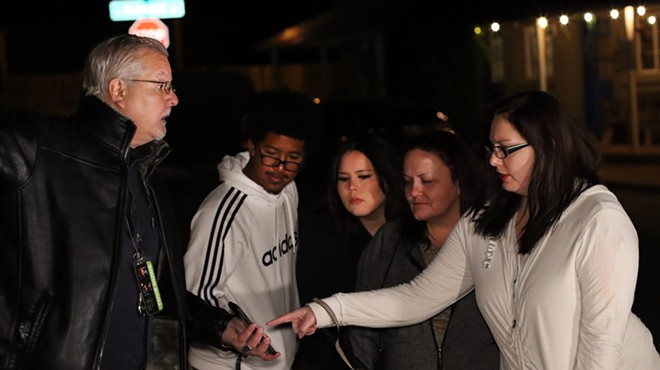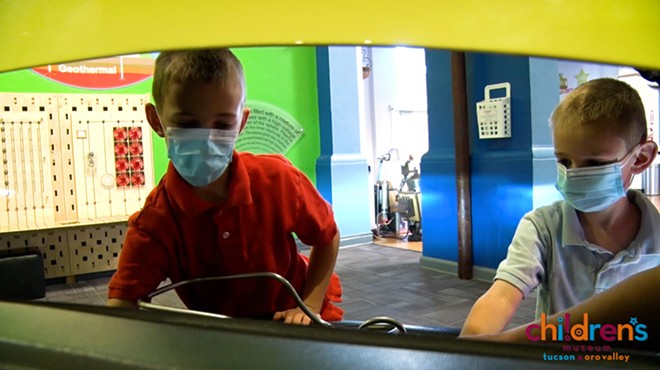Thursday, January 23, 2014
Word Odyssey: Famous Last Words

It’s nearly the anniversary of Winston Churchill’s death on January 24, 1965. When he was on his way out, Churchill commented that he was ready to meet his maker, but “whether my maker is ready for the ordeal of meeting me is another matter.” Touché.
Laying on his deathbed, Karl Marx’s housekeeper bugged him to say his last words so she could record them for posterity. His response? “Go on, get out—last words are for fools who haven’t said enough.” Well, the housekeeper had the last laugh because those turned out to be some pretty fine last words. And that’s today’s topic on Word Odyssey: famous last words.
Some last words became famous because of their ironic timing. During the Civil War, Union Major General John Sedgwick chided a soldier for ducking from enemy fire, saying “They couldn’t hit an elephant at this distance”—whereupon a ball struck Sedgwick, mortally wounding him. Another general, the infamous George Custer, was just asking for it when, before attacking a Sioux and Cheyenne village, he bragged “hurrah boys, we’ve got them. We’ll finish them up, then go home for supper.”
Sedgwick and Custer probably would have regretted their last words, while others, on their deathbed, have expressed regrets about aspects of their lives. The late great actor Humphrey Bogart said, “I should never have switched from Scotch to Martinis.” The most influential economist of the 20th century, John Maynard Keynes, said “I should have drunk more champagne.” Cheers to that!
The English Colonel Francis Chartres should have had a lot to regret, as he was notorious in his time for being a despicable human being—a brothel-keeper who treated women terribly, a gambler, moneylender and all around bad guy. Humorist John Arbuthnot penned this epitaph for him: “Here continueth to rot the body of Francis Chartres.” As for Chartres’ own last words, the Earl of Chesterfield reported that when Chartres, as he lay dying, was asked about accounting for his life full of sin, he said “let us look forwards.” About his sins, the 19th century German poet Heinrich Heine observed, “God will pardon me, that's his line of work.”
Voltaire, the 18th century French enlightenment philosophe, who was known for his skepticism about just about everything, including the existence of God, was highly critical of the Catholic Church. A priest came to Voltaire’s deathbed to convince him to foreswear Satan. Voltaire replied, “this is no time to make new enemies.” A priest suggested to the long-time Spanish prime minister Don Ramon Maria de Narvaez y Campos that he forgive his enemies before he died. He responded: “I do not have to forgive my enemies. I have had them all shot.”
As you’d imagine, a dying person has time to ponder death itself. When asked if he thought dying was tough, actor Edmund Gwenn reflected, “Yes, it’s tough, but not as tough as doing comedy.” Physicist Richard Feynman proclaimed “I’d hate to die twice. It’s so boring.”
You’d expect Oscar Wilde to have something witty to say on his deathbed, and he did. “Either that wallpaper goes, or I do.” The French writer Rabelais announced his will: “I owe much; I have nothing; the rest I leave to the poor.” Lady Astor awoke briefly to find that she was surrounded by her family, and asked: “Am I dying or is this my birthday?”
People can get a little crazy when they’re dying, too. Henry VIII’s last words were “All is lost. Monks, monks, monks!” Nobody quite knows what that was supposed to mean.
But people also can be profound. The last line of the last speech of Dr. Martin Luther King was apt: “Mine eyes have seen the glory of the coming of the Lord.” The Book of Luke records Jesus as saying, “Father, into thy hands I commend my spirit.”
It’s never too soon to plan your last words for posterity. Et tu, reader?
Tags: britt hanson , word meanings , word origins , Etymology , britt hanson










